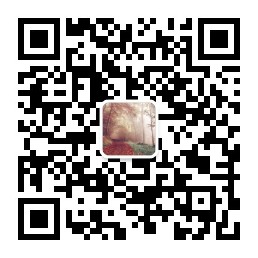Chapter 3: The Law of Communication Power—Synergistic Relationship
1. What is synergy?
A synergistic relationship occurs when we complete something with others.
From daily work relationships to some small things in life that require several people to do together, our synergistic relationships with other people are everywhere.
With a collaborative relationship, information exchange will occur. Therefore, synergistic relationships are natural communication channels and communication driving forces.
That is, users spread your product as main or incidental information when exchanging information.
Leveraging and creating communication through synergistic relationships is a fast, effective and lasting communication growth strategy.
How to utilize these synergistic relationships and communication dynamics in a product is a matter worthy of in-depth study. Used well, it may only take one point of communication to make your product experience explosive growth.
2. Collaborative relationship at work
At work, we need to exchange various information with colleagues.
This information can be text, pictures, videos, etc. It can be a simple sentence or a few words, or it can be a long speech. . .
This information can be exchanged verbally, printed on paper, or by phone, email, instant messaging, etc.
When we exchange this information at the same time, if your product is related to this information, or the user needs your product to maintain a collaborative relationship. For example, the product is the carrier of this information, or this information is produced through your product, and this information involves the introduction, links, etc. of your product, or users need to use your product to maintain a collaborative relationship.
Give a simple example. If you need to deliver a paper document to a colleague, when you give the colleague the document, you also pass the paper to him.
Making good use of this collaborative relationship in work can produce very good communication effects.
The most typical cases are those collaborative office tool products, such as Google docs.
Documents are written to be read by colleagues, clients, and other people who have a collaborative relationship at work, and they are often read by many people. Even if others need to edit and modify the document, online documents are not only convenient for others to see and modify and edit together with others, but also effectively increase the number of users in the process of showing others and editing and modifying the document with others.
3. Collaborative relationships in life
In life, we may have more synergistic relationships with other people. Travel together, study together, and party together. . .
For example, when traveling, you won’t be alone most of the time. If we are traveling with a few friends and need to buy air tickets, we will not each buy their own tickets, but one of us will buy everyone’s air tickets.
If you want to buy everyone's tickets, you will find that you need their passenger information, including name, mobile phone number, and ID number. If it is an acquaintance, you may know the name and mobile phone number, but for the ID number, you can only ask the other person. You may ask via WeChat, QQ, phone, or in person.
This is a typical collaborative relationship in tourism.
For another example, if you make an appointment with a friend for a party, you have to decide on a place for the party or meeting, and you also need to decide on a time. Then there will be a need to discuss, whether through WeChat or other methods. In short, you and your friend have a synergistic relationship. In this collaborative relationship, a certain restaurant or cafe may be spread by you or your friends, or an online map carrying information about a certain location may be spread.

关注我的微信公众号

